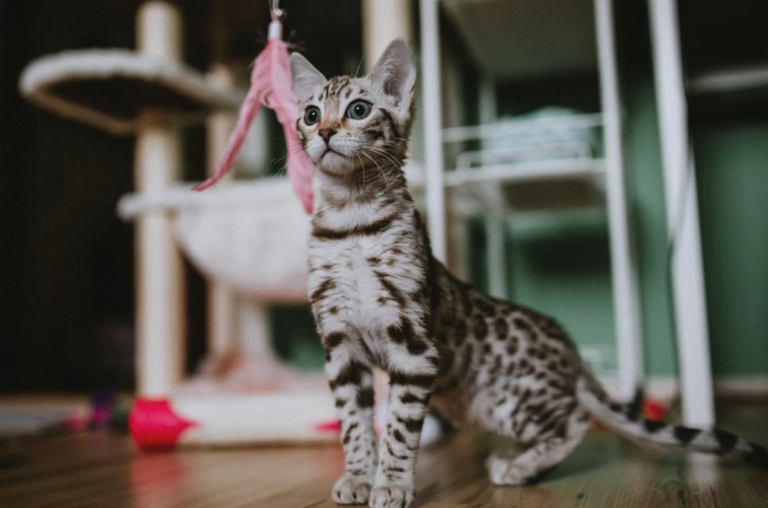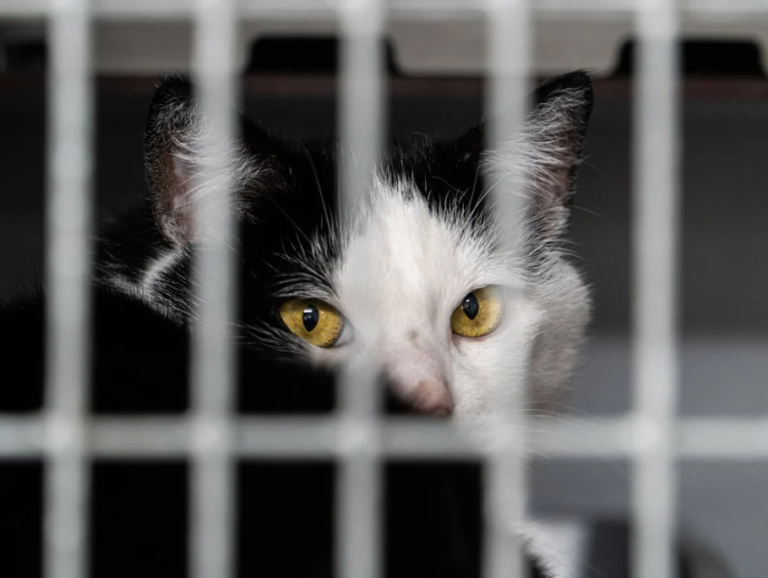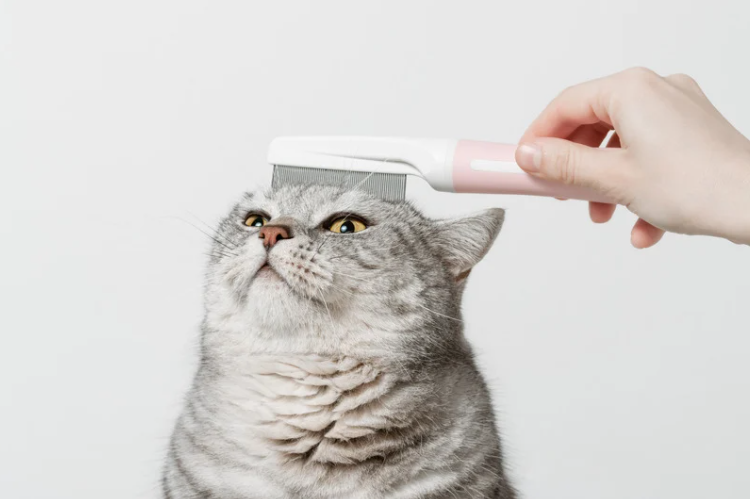Taking care of a cat involves more than just providing food and shelter. To ensure your feline friend remains healthy and happy, it’s essential to focus on their feeding, grooming, and overall health. This comprehensive guide covers all the necessary aspects of cat care to help you become a responsible and loving cat owner.
Feeding Your Cat
Choosing the Right Food
Selecting the appropriate food for your cat is crucial for their health. Cats require a diet high in protein and fat, with specific nutrients like taurine that are vital for their wellbeing. Here are some tips for choosing the right food:
- Wet vs. Dry Food: Wet food can help keep your cat hydrated, especially since cats often have a low thirst drive. Dry food is convenient and helps keep teeth clean, but it should be balanced with wet food for optimal health.
- Portion Control: Follow the feeding guidelines on the packaging, adjusting based on your cat’s age, weight, and activity level. Overfeeding can lead to obesity and associated health issues.
Hydration
Ensuring your cat stays hydrated is essential. Provide access to fresh water at all times and consider incorporating wet food into their diet to boost their moisture intake. Some cats prefer running water, so a cat water fountain might encourage them to drink more.

Grooming Your Cat
Brushing
Regular brushing helps keep your cat’s coat healthy and reduces shedding and hairballs. The frequency depends on the breed:
- Longhaired Cats: Daily brushing to prevent matting.
- Shorthaired Cats: Weekly brushing is usually sufficient.
Bathing
Cats generally groom themselves, but occasional baths may be necessary, especially for cats with skin conditions or those who get particularly dirty. Use cat-specific shampoos and create a calm environment during bath time.
Nail Trimming
Regular nail trimming prevents overgrowth and potential injury. Use specialized cat nail clippers and be cautious not to cut the quick. Introduce this routine gradually with positive reinforcement.
Dental Care
Oral hygiene is often overlooked but is crucial for preventing dental diseases. Brush your cat’s teeth regularly with cat-friendly toothpaste and provide dental treats and toys. Regular veterinary dental check-ups are also recommended.
Health and Veterinary Care
Regular Check-ups
Routine veterinary visits, typically once or twice a year, are essential for monitoring your cat’s health. These visits help detect and prevent potential health issues early.
Vaccinations
Vaccinations protect your cat from various diseases. Follow your veterinarian’s recommended vaccination schedule based on your cat’s lifestyle and exposure risks.
Parasite Control
Protect your cat from fleas, ticks, and worms with regular preventive treatments. Consult your veterinarian for the best products and schedules.
Spaying and Neutering
Spaying and neutering prevent unwanted pregnancies and can reduce the risk of certain health problems, such as uterine infections and testicular cancer. Discuss the best time for these procedures with your veterinarian.
Creating a Cat-Friendly Environment
Safe and Comfortable Living Space
Provide a cozy bed, safe places to hide, and a secure environment. Indoor cats should have plenty of vertical spaces like cat trees and shelves to explore.
Litter Box Maintenance
Keep the litter box clean and in a quiet, accessible location. Scoop daily and change the litter regularly to prevent odors and ensure your cat uses the box consistently.
Enrichment and Play
Cats need mental and physical stimulation. Provide a variety of toys, scratching posts, and interactive play sessions to keep them engaged and active. Rotate toys regularly to maintain their interest.
Building a Bond with Your Cat
Socialization and Trust
Building a strong bond with your cat involves patience and respect. Handle them gently, respect their personal space, and use positive reinforcement to make interactions enjoyable. Regular playtime and gentle handling help strengthen this bond.
Recognizing Health Issues
Be vigilant for signs of illness, such as changes in behavior, appetite, or litter box habits. Early detection is key to effective treatment, so consult your veterinarian if you notice anything unusual.
By focusing on proper feeding, grooming, and regular health care, you can ensure your cat leads a happy, healthy life. Regular veterinary visits, a balanced diet, and a loving environment are the cornerstones of responsible cat ownership. With these guidelines, you’ll be well-equipped to provide the best care for your feline friend.












